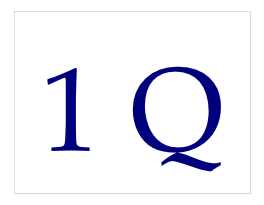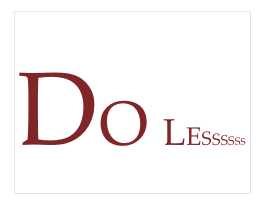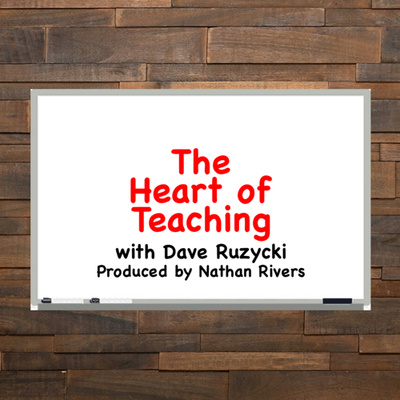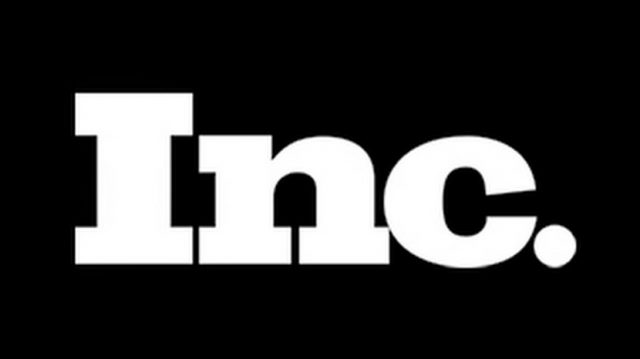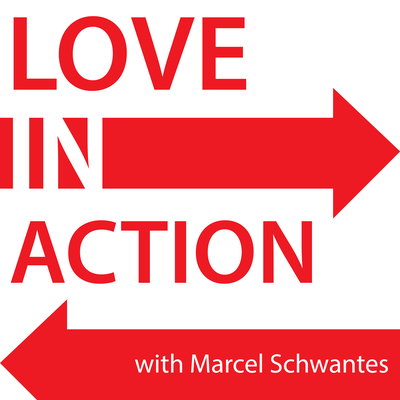Believe
The New Year. It brings promise, ambition, energy, resolve. It’s a time for commitment. And to be intensively committed you have to believe.
Not just believe in the result, but believe that you can and will do the things necessary to achieve the result. That you’ll do what you know you should do even when you don’t feel like doing it. That you’ll resist distraction and diversion, and keep focused on the prize. That you’ll make the extra effort after the others have gone home. That you’ll turn it around if things are going poorly. And that you’ll fight complacency if things are going well.
The power of belief isn’t that belief creates reality. It’s that belief creates the confidence that you’ll consistently take action to create the reality you want. It was Muhammad Ali who said that when belief becomes a deep conviction, things begin to happen.
How deep is your conviction? Do you believe this is your year to shine?
Your thoughts?
Michael









